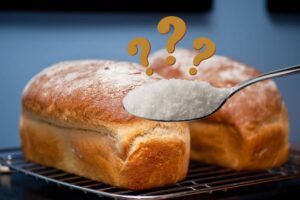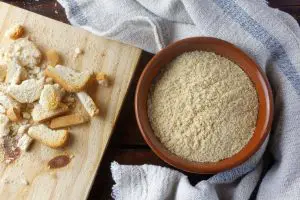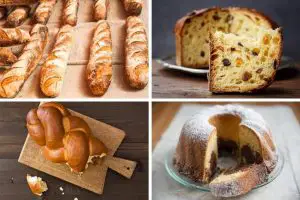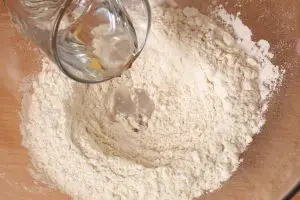Although selecting right kind of water is just as important as choosing quality flour and yeast, it is often regularly overlooked ingredient in bread making.
Water contains micro-nutrients like calcium and magnesium, used by yeast in baking process. Therefore, without truly understanding how vital ingredient water is, you won’t be able to make good quality bread. So if you want to make bread you desire, you must give same level of consideration in type of water you use for baking as type of flour and type of yeast.
Hard, Soft, and Medium-hard Water: What kind of water is best for bread baking?
The best choice is medium-hard water, which consists of 100-150 particles per million minerals. The use of hard water can have some serious issues with gluten components, while soft water makes dough too spongy.
Tap water is a good choice of water for baking as it’s not too soft or hard.
Considerations for Selecting Water for Baking
Medium water that contains 50-100 ppm calcium carbonate is considered the best for baking bread. Calcium carbonate helps to strengthen the gluten in the dough.
If there is more than 200 ppm of calcium carbonate present in hard water, it will slow down fermentation to an extent that renders the dough too hard to be baked.
The amount of calcium carbonate in soft water is 10 to 50 PPM leading to the absence of gluten strengthening minerals. This makes the dough too soft.
pH value of water can have a measurable effect on the properties of dough and quality of bread. For example, low pH of soft water accelerates fermentation resulting in soft sticky dough. A pH value of 5.1 to 5.4 is considered ideal to produce a desirable crumb in baked bread.
One should avoid the use of distilled water until necessary because it does not contain the essential minerals required for good baking.
Filtered and deionized tap water also lacks essential minerals therefore add right mix of required minerals before you use. The ideal amount of minerals for baking is noted between 100 to 150 PPM.
Need of testing water before baking bread
Before you use tap water for baking, it is advisable to test for chlorine and sulphur. If your baked bread is producing an odor and rotten smell, then, your water might be the culprit because excessive chlorine kills yeast and excessive sulphur gives water unpleasant smell. In both cases,it is mandatory to use mineral water.
Fortunately, most tap water does not contain too much chlorine or other minerals which may interfere with baking.






